15. Always Be Prepared
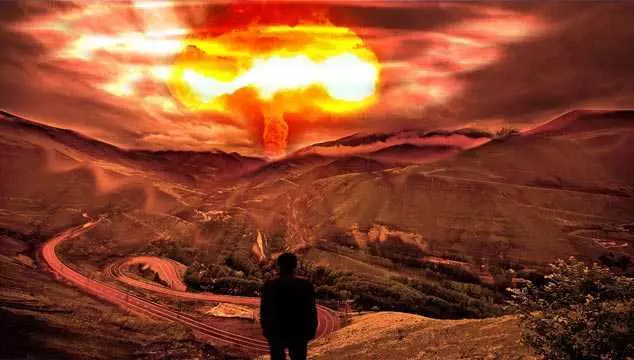
Image: beast mode survival
One could say we live in some very scary times. With political tensions rising at home, as well as over seas, the concept of nuclear war no longer seems too far-fetched. While the chances of any of us experiencing nuclear fallout is still pretty slim to none, sometimes crazy things do happen. Therefore, it’s important to always be prepared for any type of disaster, whether it be North Korea finally going nuclear or a local disaster like a flood or fire.
If you choose to make your own nuclear fallout shelter or disaster bunker, her are a few essentials you MUST have stocked!
14. Canned Goods and MRE Meals are a Must
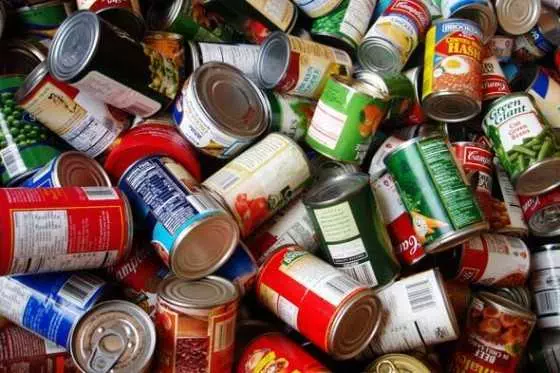
Image: grunuxer grub
While this may seem like a no-brainer, it’s still important. You want to have as many non-perishable food items that you can stock on hand. Canned fruit, veggies and beans are perfect go-to items, and we definitely suggest purchasing some MRE’s (Military-Ready-to-Eat) meals. These full meals can last for years and actually don’t taste too bad either!
13. Don’t Forget Hydration
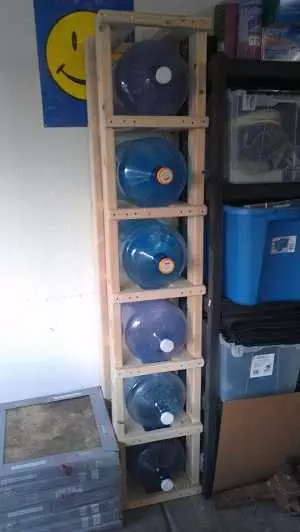
Image: pinterest
The average person needs one to two gallons of water per day to stay properly hydrated. While this may not be feasible during a natural disaster, having a stockpile of five-gallon jugs of water is a high priority. You can live for a long period of time without food, but water is essential to your survival.
12. Protect Against Radiation
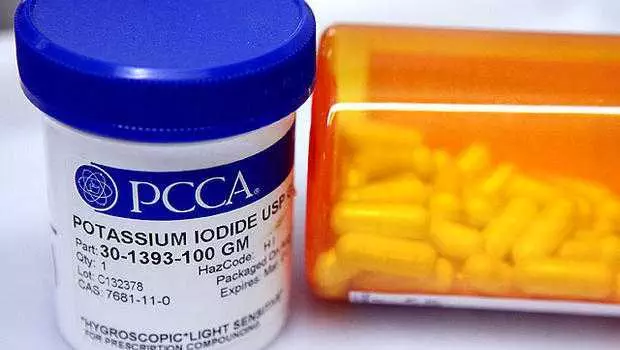
Image: cbs news
With nuclear fallout there comes the risk of radiation poisoning. The severity of radiation depends on how close you are to the initial blast zone, but regardless the effects of radiation will be felt everywhere. We suggest stocking up on potassium iodide tablets, which help protect the body from nuclear radiation poisoning. You can never be too safe!
11. Iodine Solution

Image: 4plebs
If you can’t find the tablets to protect against radiation, a solution of iodine will do the same thing. What’s great about iodine is it is swift to absorb through the skin, so it can have the same results in a less amount of time.
10. Alternative Light Sources

Image: geb
While candles and lamps are good and all, you’ll want some alternative light sources if the candles all burn out and you run out of fuel or batteries for your lamps. Light sticks are the perfect solution for long-lasting light alternatives and would be considered essential for any type of emergency situation.
9. DIY Toilets

Image: instructables
You never know how long you will be trapped in a shelter if a disaster occurs, so we suggest having makeshift toilets on hand and ready to go. While you could always invest in a portable toilet, space may be an issue, and the smell could quickly become unbearable. However, utilizing 5-gallon buckets is a great alternative and will allow you to seal up the waste as it collects.
8. Plastic Trash Bags
You’ll want to keep your living space as sanitary as possible, so we recommend having trash bags on hand so you can seal up trash and other types of material waste. You really don’t want that piling up where you’re trying to sleep!
7. Bleach
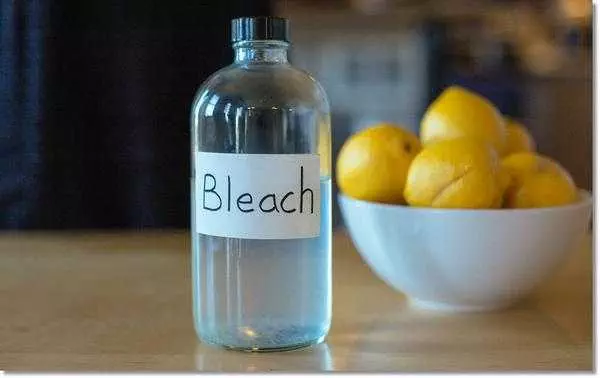
Image: practico goods
It may smell, but when it comes to sanitation you can’t get any better than good ‘ole bleach. You never know when something might get contaminated during a disaster and having bleach on hand is the perfect way to ensure your living space is clean and sanitized 24/7.
6. Gas Mask
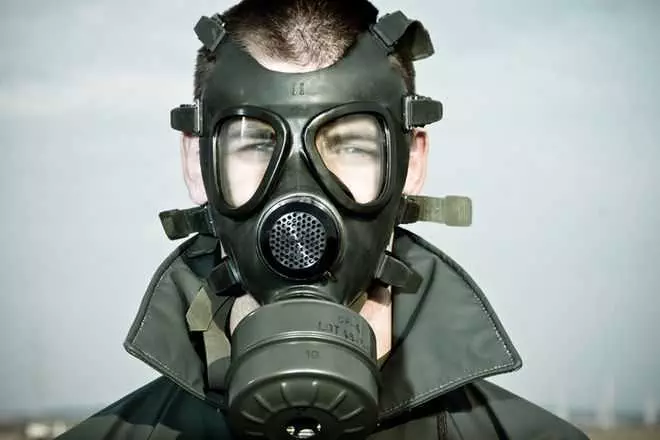
Image: the indie stone
While living in a fallout shelter you’ll be relying on your air ventilation system to provide you with clean air. However, if something happens and this ceases to function, you’ll want to have a gas mask on hand to make sure you can breathe safely.
5. Satellite Radio

Image: geek. Com
If a nuclear attack does occur, communication will be spotty at best or completely nonexistent. We suggest having a satellite radio so you can patch into any broadcasts that might be available. This will also allow you have a secure method of communication in case you somehow become trapped in the shelter.
4. Insurance Policy
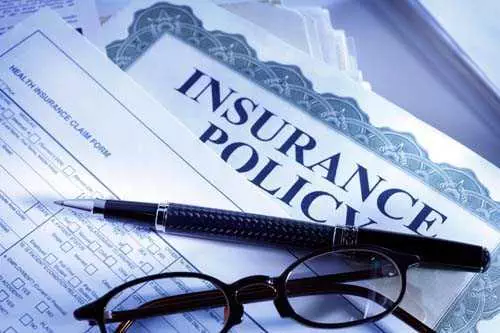
Image: insurance planet
While this might not help you in the immediate aftermath of an attack or natural disaster, having a good insurance policy on your house and other valuables would be beneficial for when things finally start to return to normal (if they ever do). Financial preparation is just as important as survival prep, don’t forget that!
3. Don’t Forget First Aid
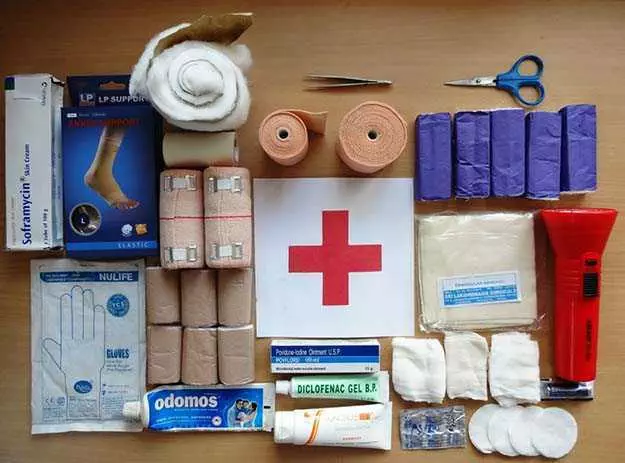
Image: survival life
It’s important that you have medical supplies on hand in case there are injuries. We suggest having two first aid kits: one for the shelter and then a backup in a safe. Make sure the kit includes: bandages, medical pads, hypoallergenic tape, splints and safety pins. It should also include painkillers, digestive and laxative aids, eye wash, rubbing alcohol and an antiseptic.
2. Clothing and Bedding
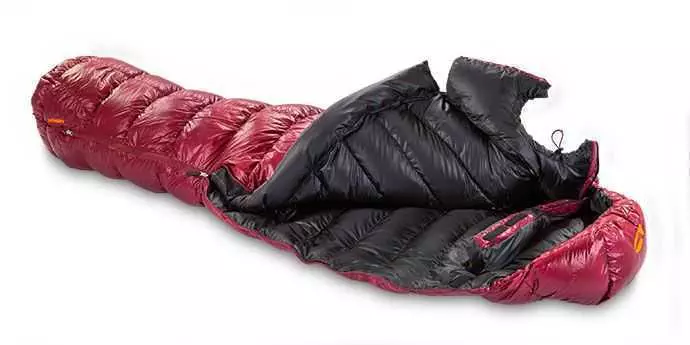
Image: valandre
You’ll want to make sure that every person in the shelter has one change of clothing, as well as their own sleeping bag. Thermal underwear, as well as rain gear is also a must since you won’t know how the weather will be impacted from the disaster until it’s too late.
1. Protection
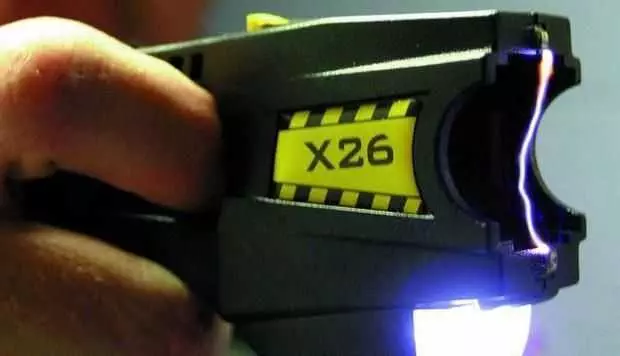
Image: pennlive
While we aren’t advocating violence, it’s important to have some method of protection on hand in your shelter in case someone tries to raid it or enter uninvited. We suggest a Taser gun, since you’ll want something to incapacitate an intruder if things start to get crazy after the fallout.

